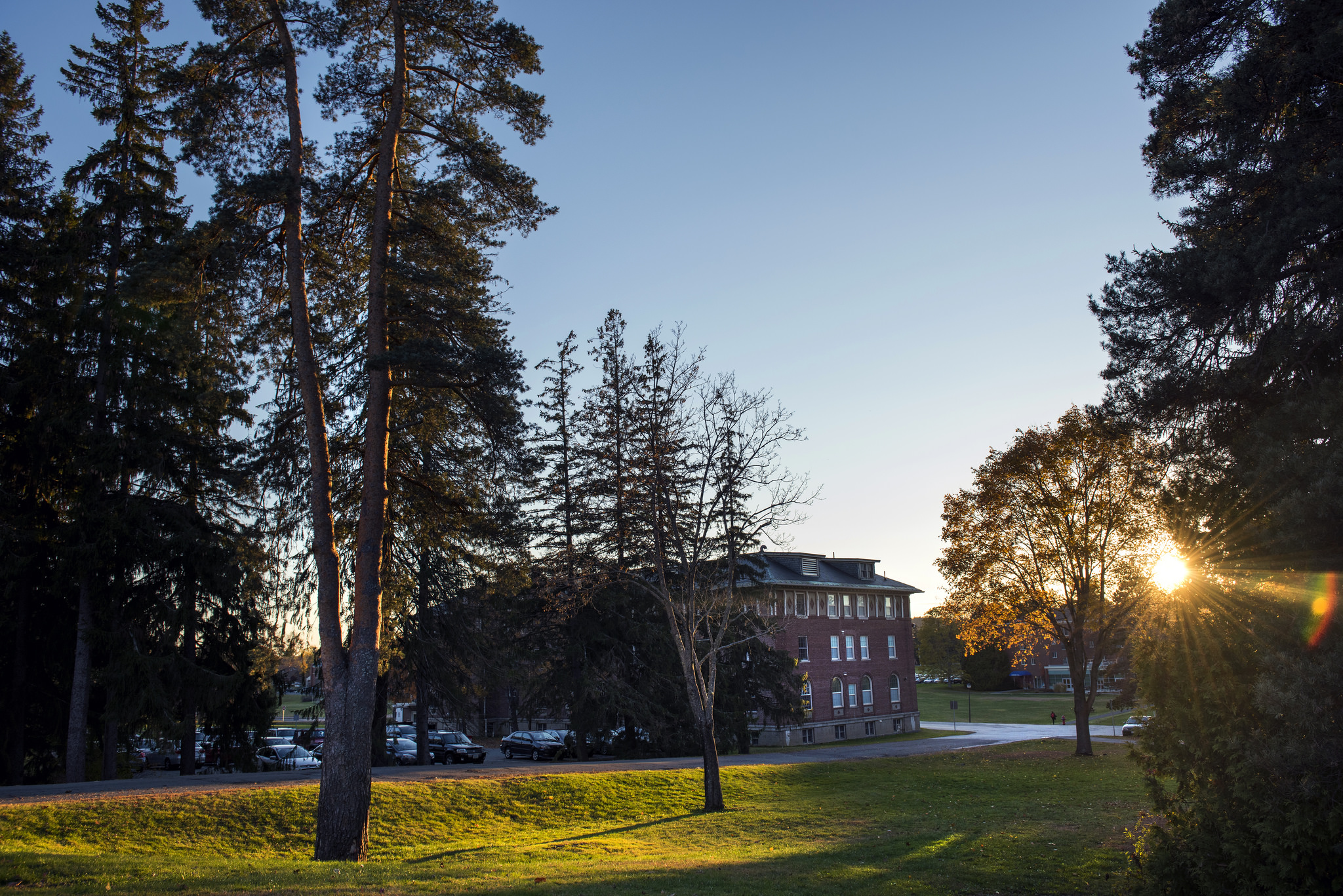About the NOYCE Grant
The work displayed on this website was done as part of a capacity building grant, Building Rural STEM Educator Capacity through Partnership: Preparation for the Next Generation Science Standards and the Common Core State Standards in Mathematics, from the Robert Noyce Scholarship Program of the National Science Foundation. The project has brought together STEM and STEM education faculty, teachers and administrators from rural districts, and others committed to improving STEM education to develop a partnership to build capacity in Maine to attract, prepare and support STEM teachers and teacher leaders in high-need rural districts. This partnership has initiated an improvement community to develop and disseminate exemplary STEM teaching methods courses, preparing teachers to begin the transformation process called for in the Next Generation Science Standards and the Common Core State Standards in Mathematics. Faculty members from the University of Maine at Farmington, the University of Southern Maine, and the University of Maine made enhancements to their courses and shared their findings and lessons learned with each other and with STEM teachers and curriculum directors. In addition, this community developed a recruitment and professional development plan to attract and prepare excellent science and mathematics teachers for rural schools. This plan, proposed as an NSF Teaching Fellowship Program, is now funded and will be selecting its first cohort of fellows during the summer of 2016.
The partnership for this initiative includes researchers with expertise in STEM teaching and learning, veteran teachers, and curriculum directors, each of whom brings different knowledge to the community. The courses introduced or modified through this capacity building grant have been informed by discipline-based education research, including studies related to challenges of implementing the practices. Through this work and its extensions, veteran teachers and curriculum directors have assumed additional significant roles in teacher preparation, such as co-designing summer institutes for pre-service teachers and co-teaching classes that are part of teacher preparation.
We hope that those viewing this site will let us know if it has been useful and share their ideas and feedback. In this way, our community will receive external feedback on our work from others with similar goals.
PI: Susan R. McKay, Professor of Physics and Director, Maine Center for Research in STEM Education, University of Maine
Co-PIs: Catherine Menard, Curriculum Director, RSU 67; Jonathan Shemwell, Assistant Professor of Science Education, University of Maine; Michelle Smith, Assistant Professor of Biological Sciences, University of Maine; MacKenzie Stetzer, Assistant Professor of Physics, University of Maine.
Partner Institutions: Inverness Research, Inc.; SERC Institute
School districts and other institutions with personnel involved: Black Hills State University; George Stevens Academy; Knowles Science Teaching Foundation; Maine Department of Education; Penobscot River Education Partnership: Professional Development Network; RSU 20; RSU 24, RSU 34; RSU 38; RSU 50; RSU 67; University of Maine at Farmington; University of Southern Maine.

